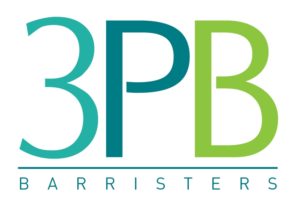In this article, Andrew Perfect and Hugh Rimmer of 3PB Barristers analyse the Coroners Court Statistics that were published last month and their impact on the path through the litigation process for clinical negligence practitioners.
Back on 12 May, the Office of the Chief Coroner – for only the second time – released annual statistics for England and Wales covering the calendar year of 2015. The report contains a wealth of information, with one point in particular being of special interest to clinical negligence practitioners.
Deprivation of Liberty Safeguard (DoLS) authorisation has led to a massive increase in the number of deaths investigated by Coroners. This followed the case of P v Cheshire West & Chester Council and P&Q v Surrey County Council [2014] UKSC 19, in which the Supreme Court characterised DoLS authorisations as state-mandated deprivation of liberty. Hence DoLS authorisation requires that any death be investigated by a Coroner, in accordance with the Coroner’s duties as set out in the Coroners and Justice Act 2009, in turn stemming from the state’s procedural duties arising from Article 2 ECHR.
As the statistics note, there were 36,215 DoLS authorisations in place on 31 March 2015 and many more applications for such authorisations. Given that a very large proportion of DoLS authorisations occur in respect of elderly patients in care homes and hospitals, the consequence has been a massive increase in investigable deaths.
Between 2011 and 2014 there were a total of 1,235 deaths in all forms of custody, an average of 309 deaths each year. In 2015 there were 7,637 and of those 7,183 were under DoLS authorisation. (Incidentally, the number of deaths in all forms of custody is also significantly up on the medium-term trend noted here, with 454 in 2015. Of itself, that is concerning).
The point to take away is that, whilst the vast majority of these cases will be natural causes, the possibility for familial displeasure over the authorisation, the involvement of the state, the increase in investigations required, the developing understanding and practice in respect of DoLS authorisations (Department of Health guidance suggested that implementing the P v Cheshire West decision was “a journey”), all in the context of the overweening pressure on resources, means this is an area where close examination of decisions – whether by carers and clinicians, those seeking DoLS authorisation, or even coroners investigating deaths – will be essential.
Andrew Perfect and Hugh Rimmer – 3PB Barristers



